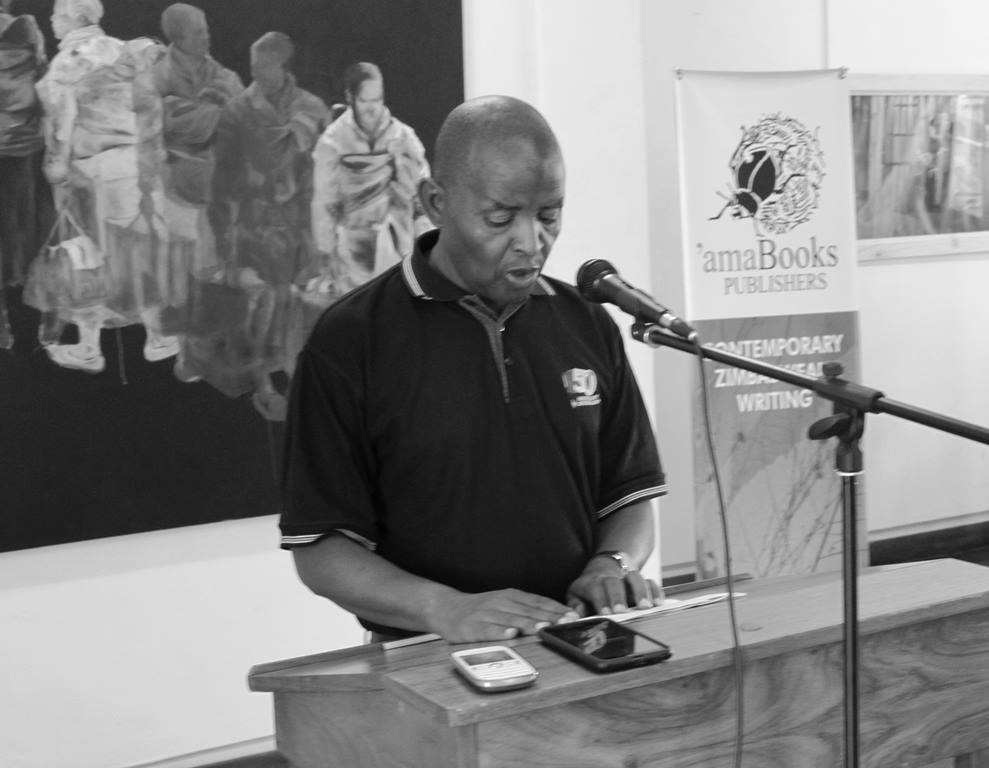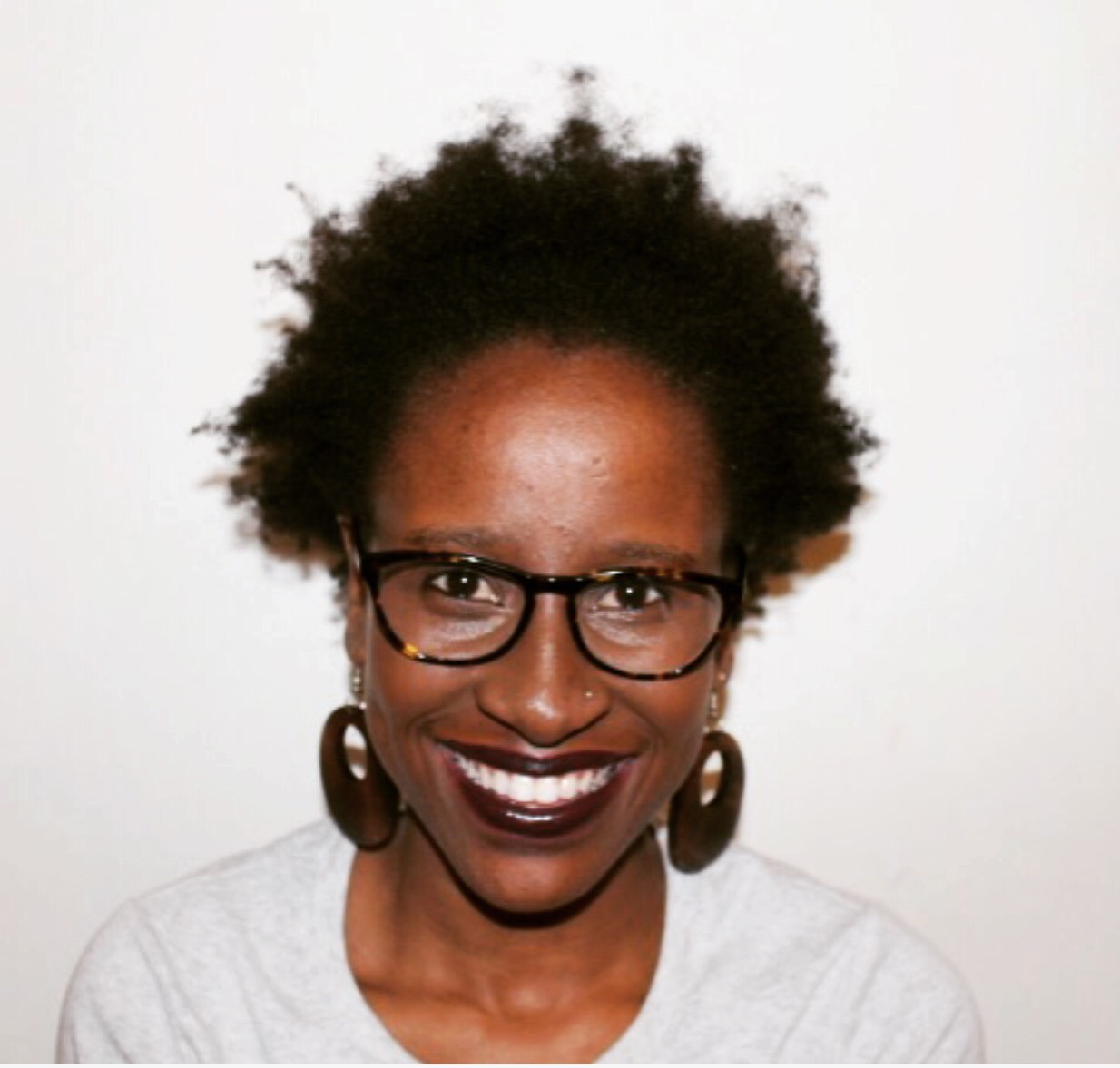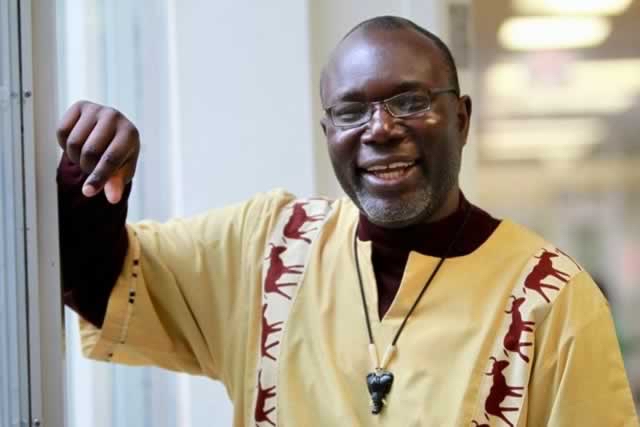Premise: Three expatriate Zimbabweans attempt to adapt to their new lives in Edinburgh at the start of the twenty first century. The Maestro is stuck in a monotonous job stacking shelves in TESCO but feels that he has a higher calling that may or may not lie in devouring every book he can get his hands on. The Magistrate is frustrated by the loss of his social status and has to swallow his pride whilst accepting work as a care assistant. And the Mathematician is a PhD student who sees life in black and white and follows a path that is carefree and verging on hedonistic. Through their shared national identity, their separate lives intertwine in surprising ways towards an ending that is both unexpected and unsettling.
I was tempted to start my synopsis by talking about immigration. But then I came across a quote from the author where he says: “The funny thing is that when some white dude writes a novel set anywhere in Africa or Asia, it’s never referred to as an immigrant novel. They just have the right to be where they want to be and to write what they want.” I will try and avoid that pitfall then because whilst this is unquestionably a story about people who have been displaced from their point of origin, it is equally a social commentary on modern life (the Edinburgh version as well as the Harare version). It is full of wry humour and subtle observation and it is cleverly constructed so that it works on many levels. To boil it down to a book about immigration would be overly simplistic and unfair on the novelist. However, it is a theme that is very much at the beating heart of the story.
When talking about immigration, the news often resorts to generalisations. It clumps together any person that has arrived from a foreign shore. And that has the effect of making us think that the immigrant experience is the same for every Takudzwa, Mick or Garai – which, of course, it is not. Here, Huchu highlights the difference between the laddish culture experienced by the Mathematician and the downward mobility of lost respect experienced by the Magistrate. It is possibility contrasted with disappointment. And the Maestro is a third counterpoint to this. He is defined not by his status as an expatriate but by his sense of depression and his yearning for some greater meaning to the world. And, whilst dealing with life in a new country, all of them are also experiencing the everyday dramas that make up the fabric of existence.
The sad plight of the Zimbabwean nation is explored through each character’s memories of what life was like before. They are desperate to get news of what is going on back home. The Magistrate and, to a lesser extent, the Mathematician become involved with the MDC political party, a meeting of which Huchu describes as descending into a quasi-bar brawl. Fragments of Shona are interweaved with bursts of Scots dialect. It is at times disorientating but then I imagine that life as an immigrant often is. Huchu is unbiased in the way that he sees the world. He tackles racism from both sides of the telescope and deals with the issue of integration. And above all that, the story wends around in unexpected side steps. The surprise ending knits everything together but leaves you with plenty of questions to digest as you replace the book back on the shelf.
There is much to admire in this novel. Having lived in Zimbabwe as a child, it is always nice to read stories that are connected with the country. But it should be pointed out that “The Maestro, the Magistrate and the Mathematician” requires no previous knowledge of the beleaguered nation’s state of affairs. I think it is important that we all try to read books by different voices and here is a novelist who weaves a fascinating narrative whilst also making some pretty salient points about the modern world.
Who might enjoy this book: Anyone who has enjoyed “White Teeth” by Zadie Smith or “Half of a Yellow Sun” by Chimamanda Ngozi Adichie.
Reviewed by Matt Kendrick: https://www.mattkendrick.co.uk/maestro-magistrate-mathematician
The Maestro, The Magistrate and The Mathematician is published in the UK by Parthian Books, in North America by Ohio University Press, in Nigeria by Kachifo (Farafina), in Germany by Peter Hammer Verlag, and elsewhere by amaBooks.





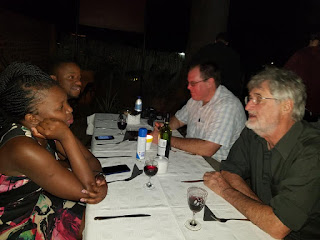





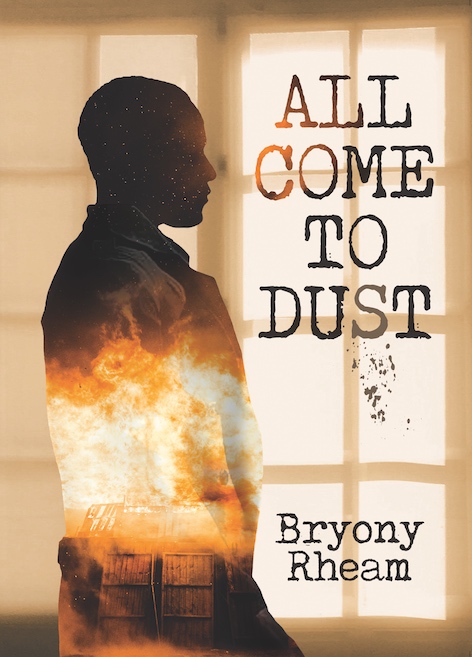
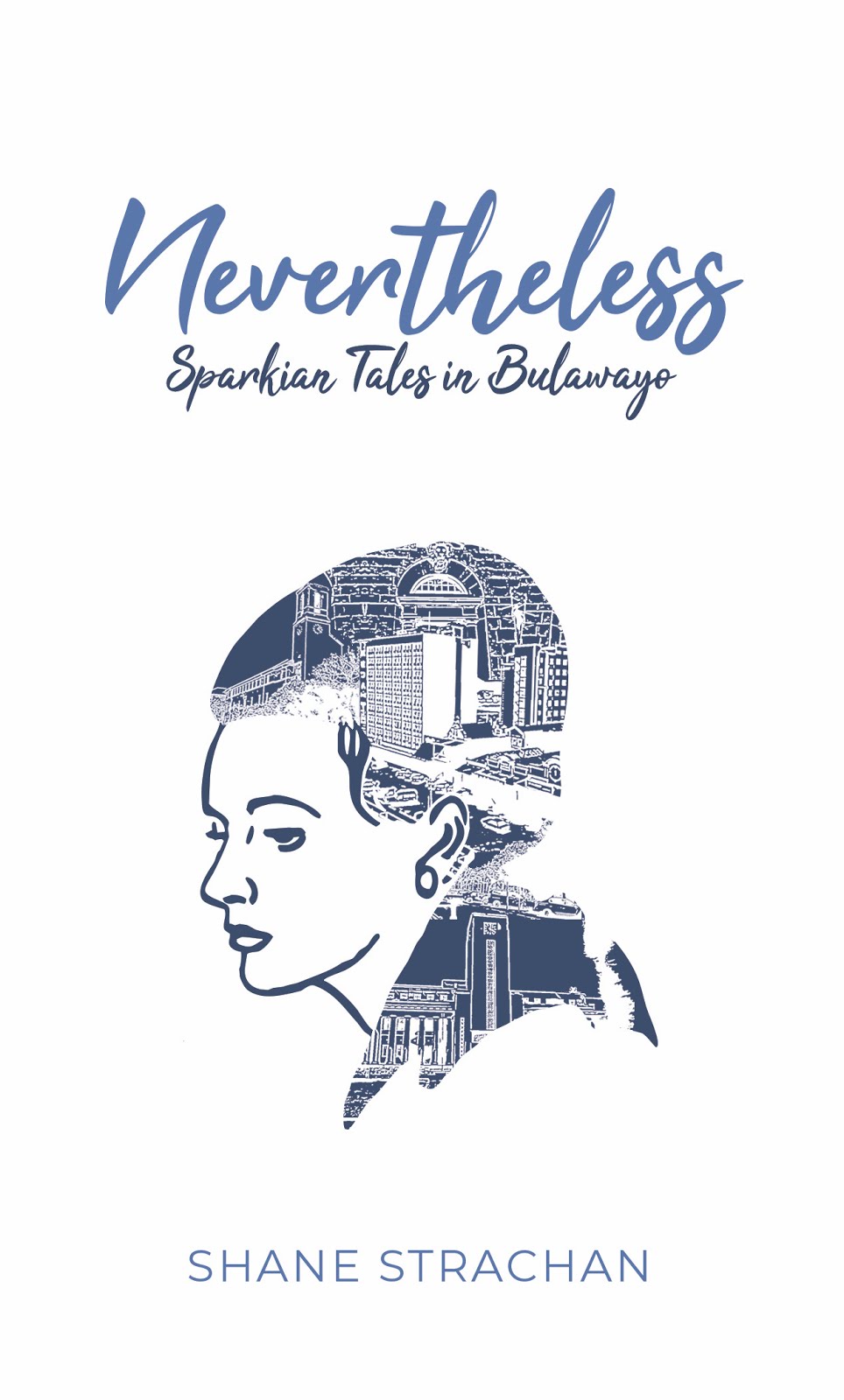





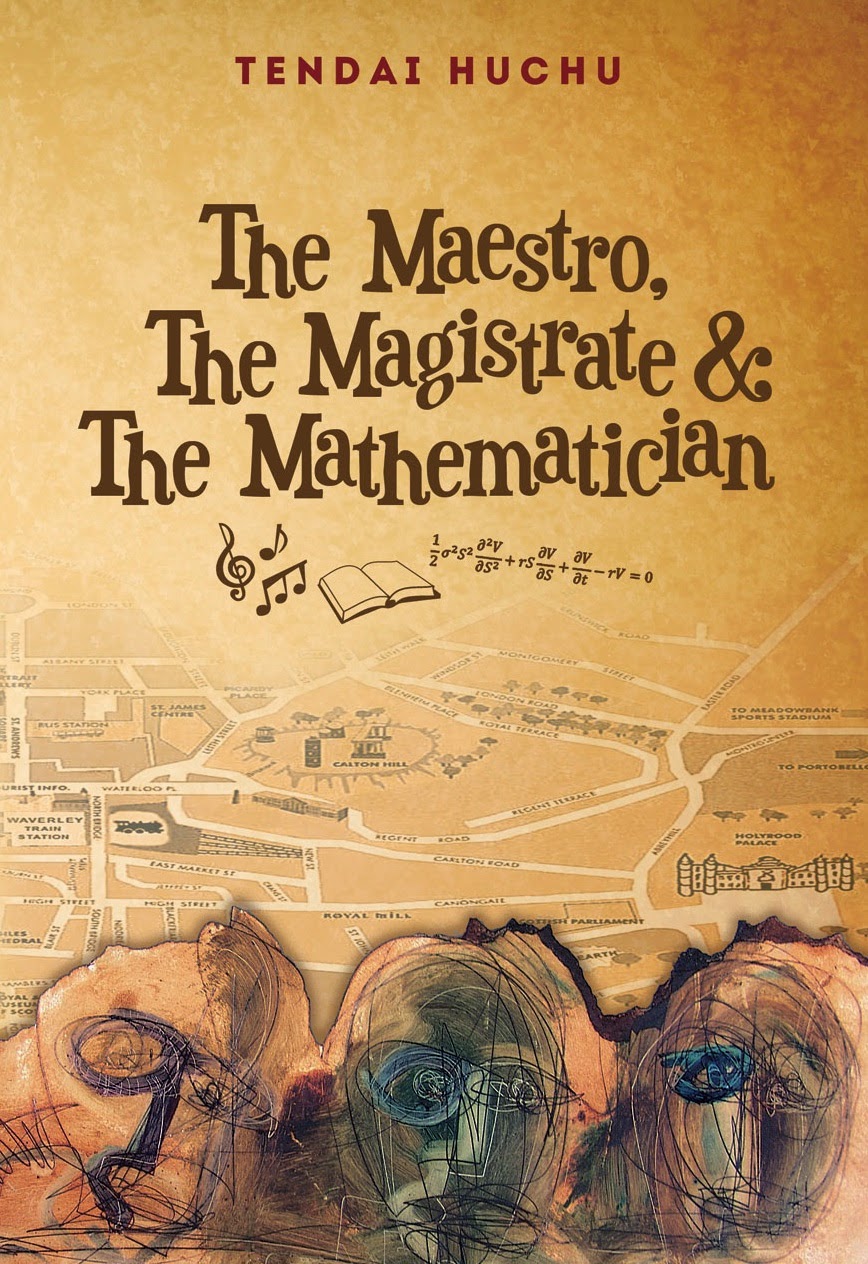
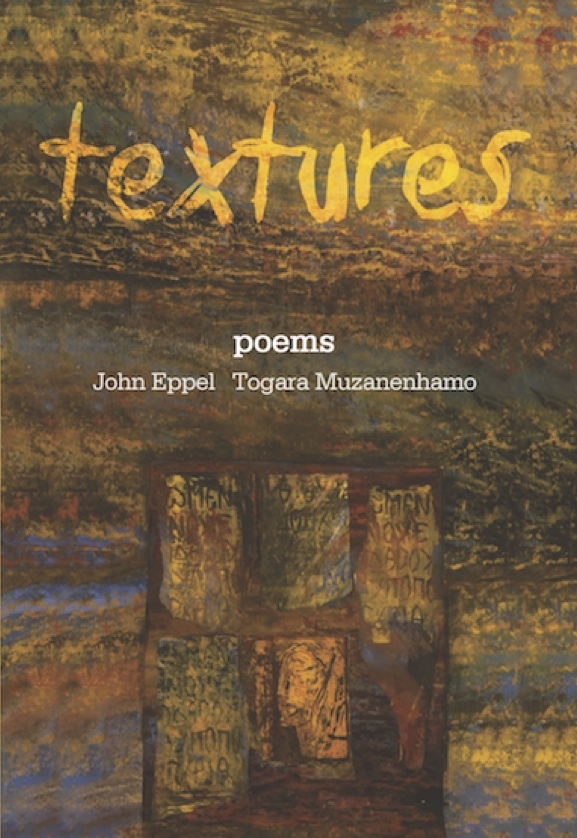
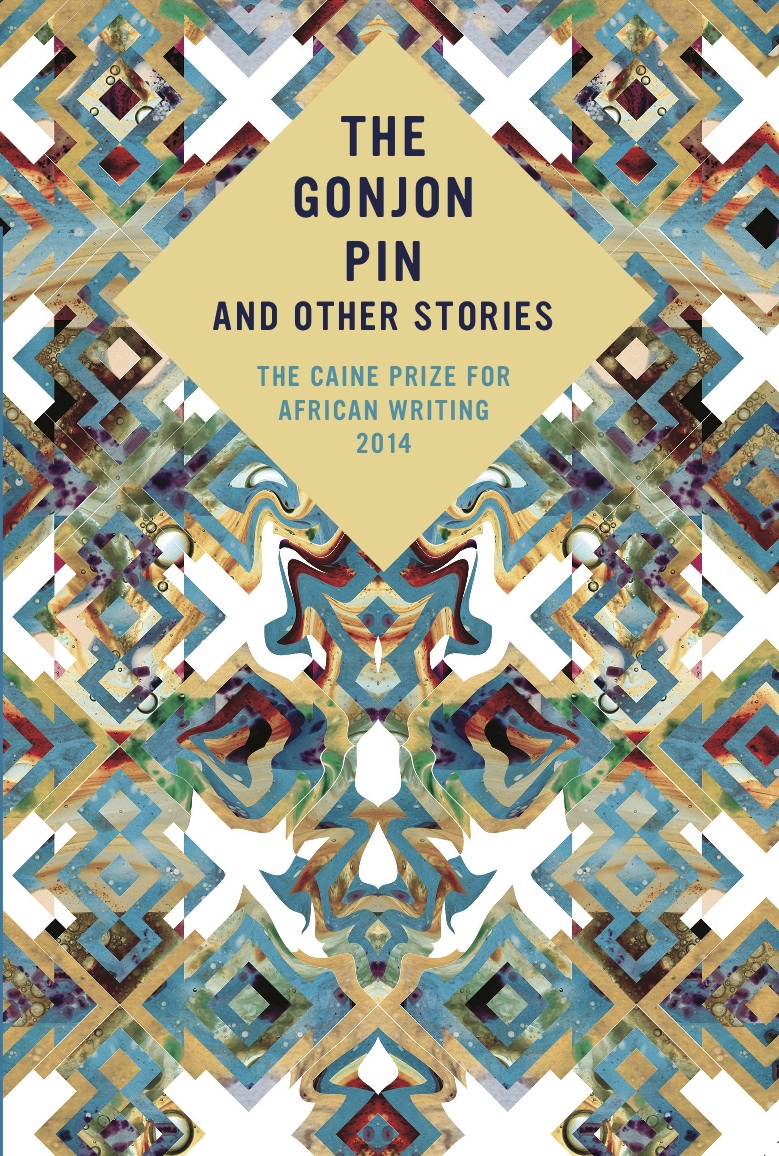
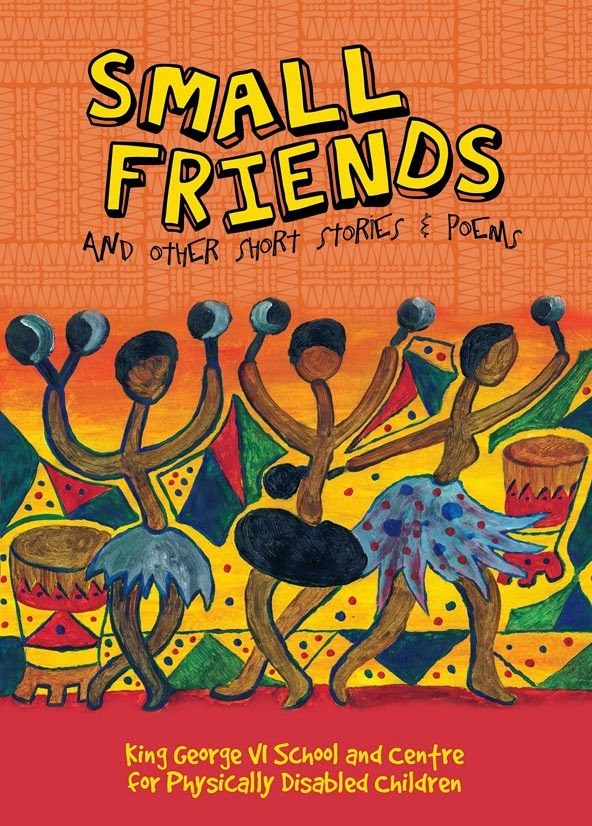
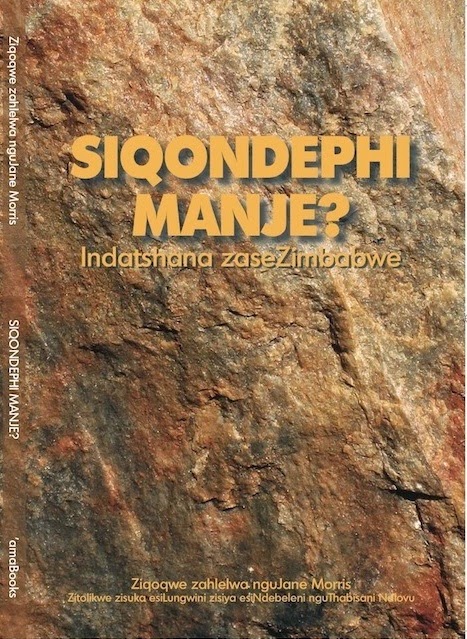
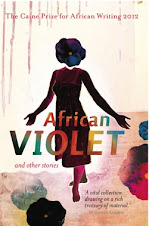

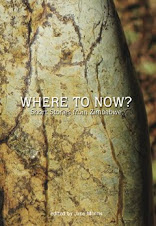
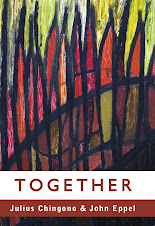
.jpg)

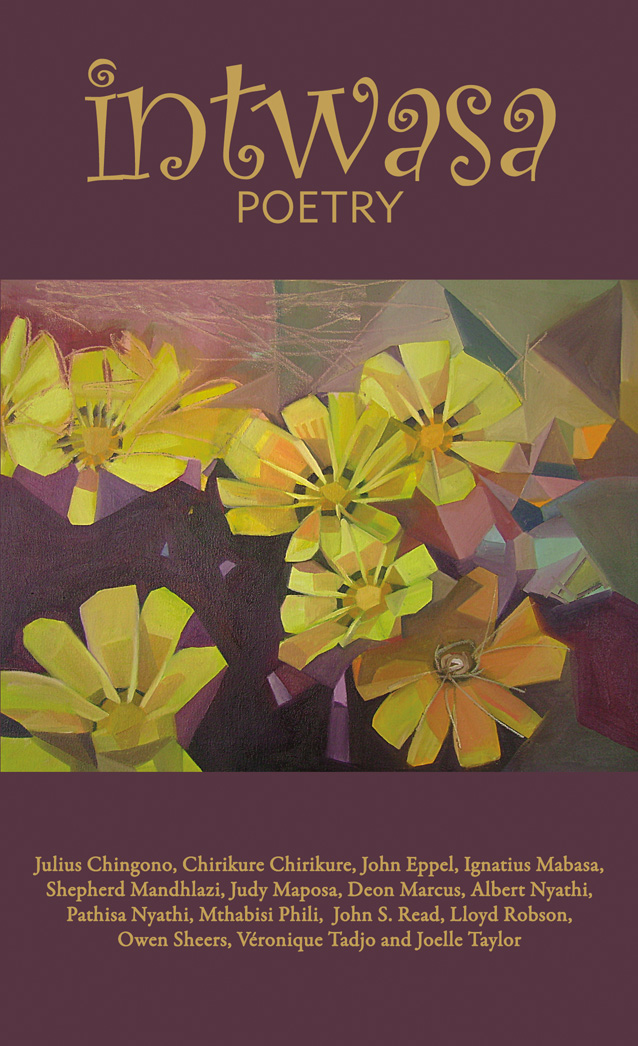


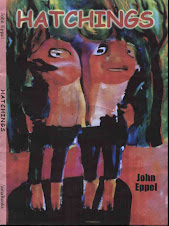













.jpg)











